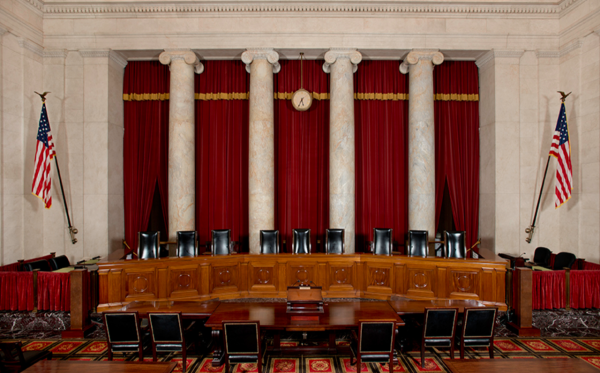D.C. Declines to Take Wrenn CCW Case to SCOTUS

Apparently fearing a devastating loss that could crush arbitrary concealed carry laws in a handful of states, the District of Columbia has declined to appeal its loss of a concealed carry case that struck down its “needs based” permit requirement, the Second Amendment Foundation (SAF) learned.
The SAF case is Wrenn v. District of Columbia. A three-judge panel on the U.S. District Court of Appeals for the District of Columbia struck down the city’s “good cause” requirement as unconstitutional in July. The court declined a request for an en banc panel review last month.
“We believe the city was under intense pressure to take the hit and not appeal the ruling by the U.S. District Court of Appeals,” said SAF founder and Executive Vice President Alan M. Gottlieb. “If the District had lost the case before the high court, it would have dealt a fatal blow to similar requirements in California, New Jersey, Maryland and New York, for example, and that prospect had anti-gun politicians in those states quaking in their shoes.”
Gottlieb recalled that the District’s loss in 2008 when the Supreme Court struck down its handgun ban as unconstitutional under the Second Amendment opened a floodgate for legal challenges to state laws. That led to SAF’s 2010 victory in McDonald v. City of Chicago, which not only nullified the Windy City’s handgun ban but more importantly incorporated the Second Amendment to the states via the 14th Amendment.
“Let’s face it,” Gottlieb said, “anti-gunners are determined to cling to their dogma of public disarmament rather than admit that their resistance to common sense concealed carry reform amounts to nothing more than stubborn denial. These people simply do not want to enter the 21st Century. They refuse to accept the Supreme Court ruling that the Second Amendment protects and affirms an individual right to not only keep arms, but to bear them as the Founders understood.
“However,” he added, “this decision opens the gate farther to an inevitable high court confrontation because there are now conflicting opinions on concealed carry from the different circuit courts. Common sense says that the 14th Amendment’s equal protection clause will not allow that conflict to continue.”




